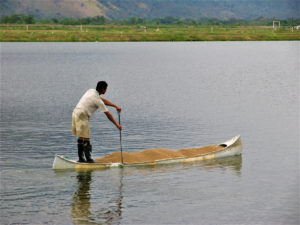
Enhanced biodiversity of gut flora, feed efficiency in Nile tilapia under reduced-frequency feeding
Reduced-frequency feeding strategies improve the production efficiency of Nile tilapia operations and do not affect growth or survival rates.
The warning about microplastics pollution is finding its way to aquaculture, as a new study finds contaminated samples of fishmeal, a prominent aquafeeds ingredient.

Reduced-frequency feeding strategies improve the production efficiency of Nile tilapia operations and do not affect growth or survival rates.
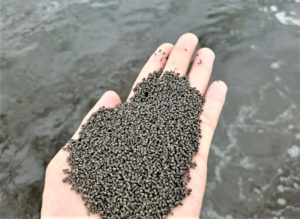
Proteins, lipids and carbohydrates require equal consideration for aquafeed formulators, as each macronutrient influences performance and feed conversion.
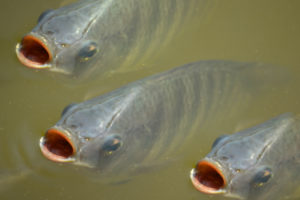
Dr. Monica Betancor, a lecturer at the University of Stirling, talks about the “intrinsic link” between fish nutrition and, ultimately, human health.
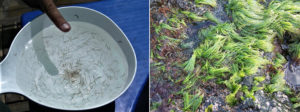
Authors evaluate production efficiency of a filamentous green alga and a microsnail as feeds for black tiger shrimp (Penaeus monodon).
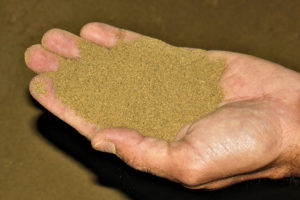
Standardizing the assessment process of aquaculture feed ingredients using a structured approach for assessing their quality.
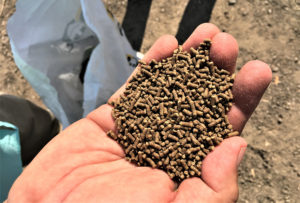
Many strategies can be used to assess the nutritional quality of ingredients. The choice, however, can impact the interpretation of that information.
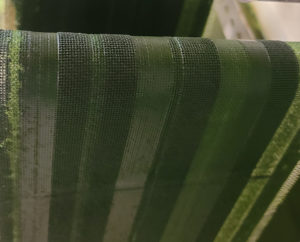
Alabama-based startup is developing a conveyor belt system to culture microalgae in less space than raceways and with a more efficient collection system.
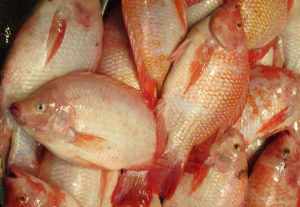
Nutritional study with Nile tilapia compared three microalgal diets to a reference diet containing fishmeal and fish oil levels found in commercial feed.
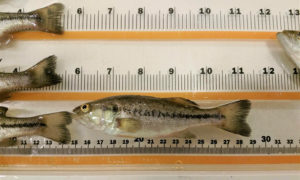
Trials unambiguously demonstrate that marine ingredients can be removed from largemouth bass diets without hampering growth, health or flavor.
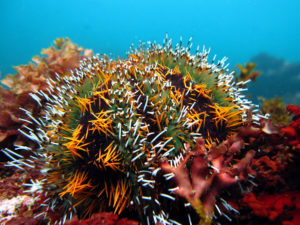
An evaluation of the effects of fresh seaweed diets and manufactured feeds on growth and gonad quality of adult, wild collector sea urchins.
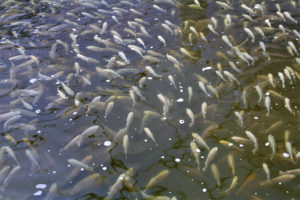
An assessment of the effect of type of dietary non-starch polysaccharides (NSPs) on the productivity of tilapia cultured in ponds.
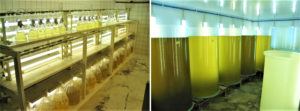
A modeling evaluation of microalgae production costs in aquaculture hatcheries, along with cost reduction and optimization methods.
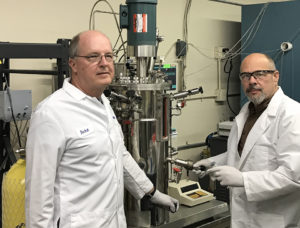
NovoNutrients will join FEED-X, an initiative to transform the “sustainability performance” of value chains linked to climate change and biodiversity loss.
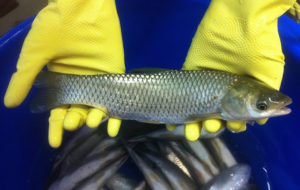
This study evaluated the effects of dietary soybean isoflavones on several production and quality parameters of grass carp flesh.
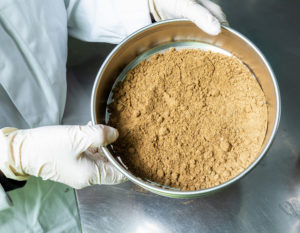
IFFO Director General Petter M. Johannessen says fishmeal and fish oil offer unmatched nutrition and benefits to fuel aquaculture’s growth trajectory.